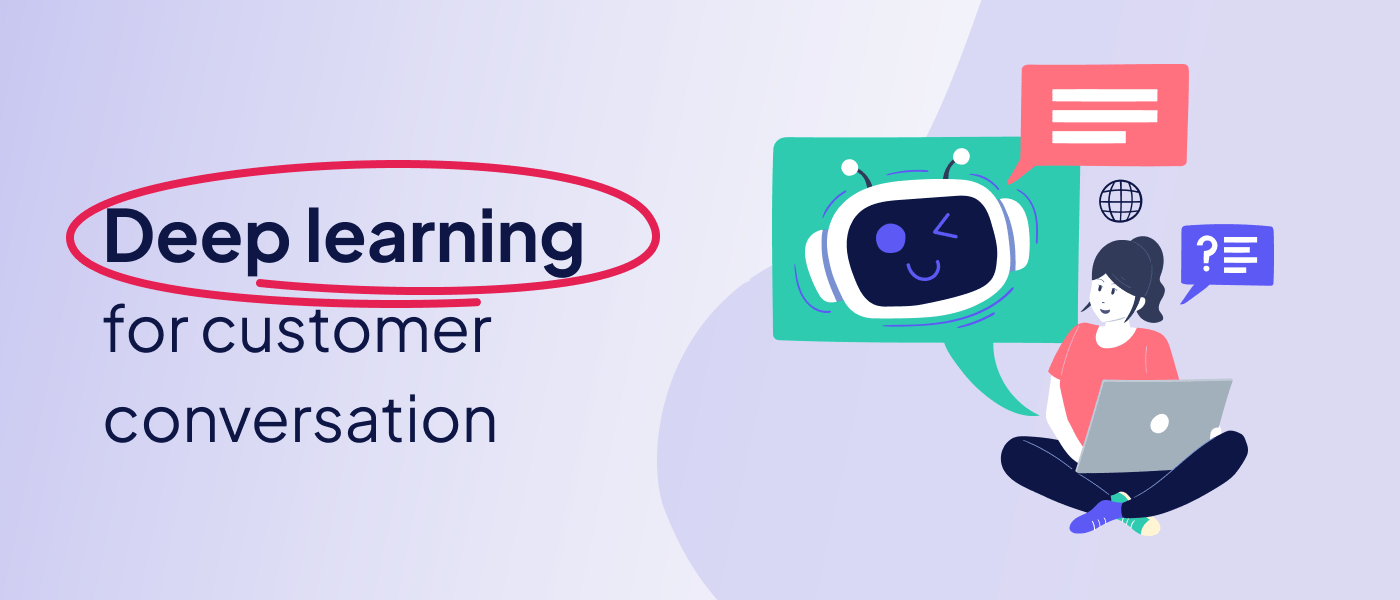Partager :

Harnessing Deep Learning: Enhancing Speed and Reliability in Customer Conversion
In today’s competitive business landscape, effectively utilizing innovating technologies for customer conversion has become increasingly important. Among the range of modern tools at our disposal, deep learning has emerged as a game-changer, enabling faster and more reliable customer conversions.
Deep Learning: A High-Level Overview
Firstly, it is important to understand what deep learning is. Essentially, deep learning is a subset of machine learning that imitates the workings of the human brain in processing data for use in decision making. It uses artificial neural networks with several layers – hence the term ‘deep’ – to carry out the learning process. This last consists in automatically extracting relevant descriptors of unstructured data (imagery or textual) with their label.
Speedy Conversions with Deep Learning
Historically, business experts and statistics were used to detect relevant information. The manual part is time consuming and the second one is often very limited. One significant way deep learning contributes to customer conversion is by accelerating the process. It can quickly analyze vast amounts of data and provide insights that help businesses tailor their marketing strategies effectively. The deep learning algorithms are able to predict consumer behavior, leading to targeted marketing, extract specific informations from identity documents, which in turn speeds up the conversion process.
Improved Reliability Through In-Depth Analysis
Secondly, deep learning improves the reliability of customer conversions. It can learn from unstructured data such as images, text, and voice, by identifying patterns that regular methods (statistics and image processing) might overlook. Indeed, statistics tend to focus on global trends and image processing may not be robust, when deep learning adapts easily thanks to its learning step and a high number of parameters. This in-depth analysis enables businesses to understand their customers better, provide personalized experiences, and thus, foster trust and reliability.
Overcoming Challenges
Despite these benefits, it’s worth noting that, since deep learning requires a large amount of data and significant computing power. Therefore, businesses need to invest in the right infrastructure and expertise. Moreover, while deep learning can analyze vast amounts of data, the quality of insights still depends on the quality of data fed into the system. Finally, the learning step requires an annotated dataset rarely available at the beginning of a project.
Final Words
In conclusion, deep learning offers businesses a robust tool to fast-track and enhance the reliability of their customer conversion processes. By intelligently analyzing consumer data, it enables businesses to understand their customers’ needs better and provides personalized experiences. Although implementing deep learning comes with challenges, the advantages it provides make it a worthwhile investment for businesses focused on improving their conversion rates.